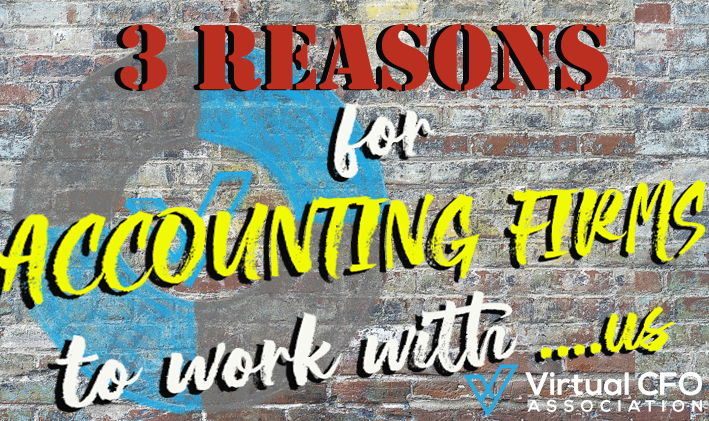Is your accounting firm offering Virtual CFO services to your clients?
In saying that, I’d advise you to be realistic about the challenges. If it was easy, then everyone would be doing it. Do the rewards justify the risks? Only you and your clients will ever know the answer to that.
Accounting firms that are looking to expand beyond traditional compliance work and grow their own businesses by offering Virtual CFO services can leverage the ‘Know Like Trust’ aspect of longstanding relationships, solve their clients’ problems and save themselves a whole bunch of hassle in the process.
Most firms will have clients that have outgrown their own rudimentary in-house financial management capabilities. More than likely these clients are often frustrated, worried and disappointed with the unreliable and unpredictable nature of their finance and know they need help. They wake up every day hoping to find a better way and it is a relatively to persuade them that they need help.
However as many accounting firms have discovered, fulfilling the clients’ needs and making a decent return for the effort involved is proving to be quite a challenge.
The biggest problems public practice firms encounter when trying to get Virtual CFO services off the ground are pricing, scoping and resourcing. This plays out as the client become very hard to ‘manage’ on the monthly agreed fee. Typically Accounting firms adopt a tiered (senior, manager, partner) team structure It is common to hear that the client will not deal with the ‘senior’ or ‘manager’ allocated to the job but goes straight to the partner. If the Partners time has not been costed into the recurring fee, profit margins quickly get eaten away.
What strikes me about this problem is that the CFO role is part of the internal capability of a business and the owner has expectations that a Virtual CFO will be just as real actual and tangible as an in-house CFO, as and when they need them. They expect their VCFO to be accessible, available, dependable, flexible, efficient and capable. These expectations are more or less at odds with the tiered (senior, manager, partner) team structure model.
So, what is the alternative?
Clients get the best outcome when they have a Virtual CFO working in harmony with their traditional compliance accountants. CFO’s through their knowledge and experience, are experts in the area of commercial financial management within specific industry verticals. CFO’s in industry consciously decide to move away from public practice and pursue a commercial path. Every big company has a CFO that has chosen this path and devoted the prime of their careers towards the goal of being a CFO. Virtual CFO’s are ex-CFO’s that do the same thing, but on a part-time for SME’s who have not yet reached the scale to justify the investment in a full-time CFO.
Virtual CFO’s provide financial leadership for business and credibility with external stakeholders. A VCFO will be actively involved setting, reviewing and implementing strategy. They assist with establishing the reporting foundations, systems, strategic plans, budgets, forecasts as well as cash flows to ensure there is adequate funding in place to seize opportunities and grow the business. Importantly they communicate across the business, working as an integral part of the client’s management team to improve profitability.
Ultimately, VCFO’s allow business owners to focus on their clients and grow their business by freeing them from financial management problems. VCFO’s also make it easier for accounting firms by presenting them with reliable and predictable information to do the compliance and tax strategy work, and removing the distractions of being available on-demand in a dynamic capacity.
Public practice accounting firms can engage with Association of Virtual CFO’s members under a white-label or sub-contract arrangement. Accounting firms can leverage their client relationship to make a decent return, their client gets a better outcome and the firm makes a return without the risks and distractions of trying to build a new business in a specialty area that they might not be experts in. Surely this is the win-win scenario
This article was written by David Dillon, President of the Virtual CFO Association.
The Virtual CFO Association is an elite peer network, advocating and promoting the emerging Virtual CFO sector within the accounting profession. Collectively the association currently has over 500 years of industry experience, with highly qualified and experienced specialists spread across more than 20 industry verticals.
